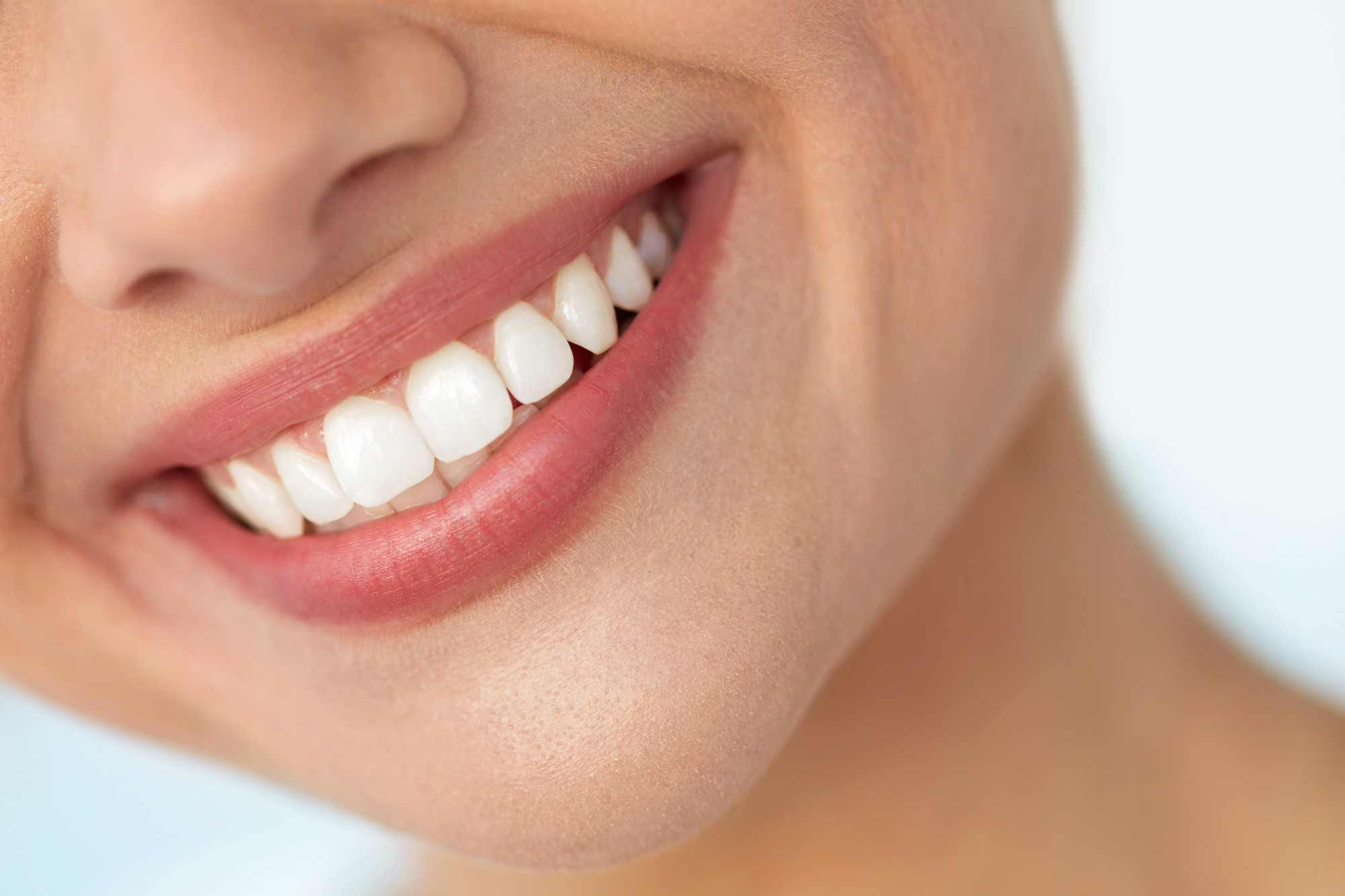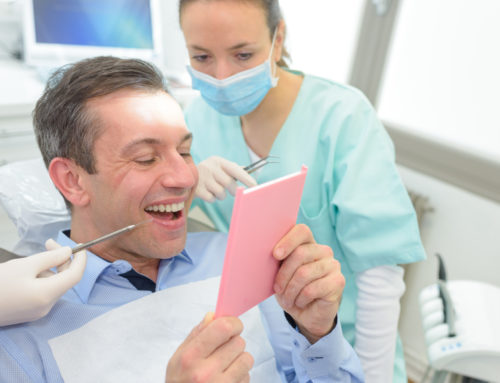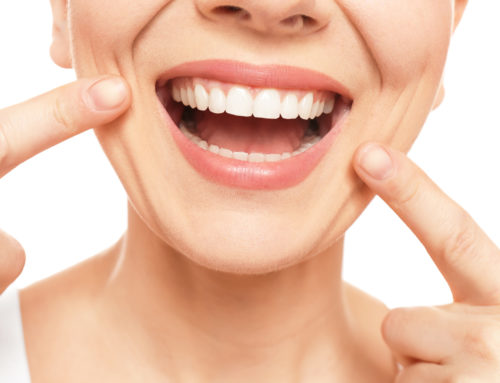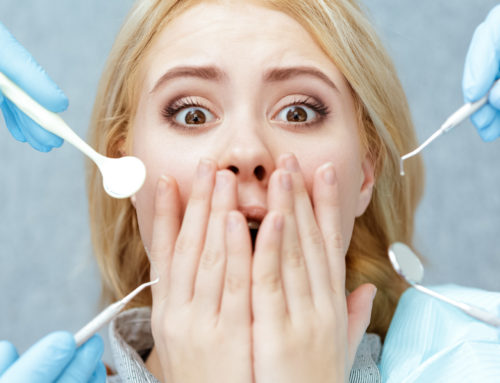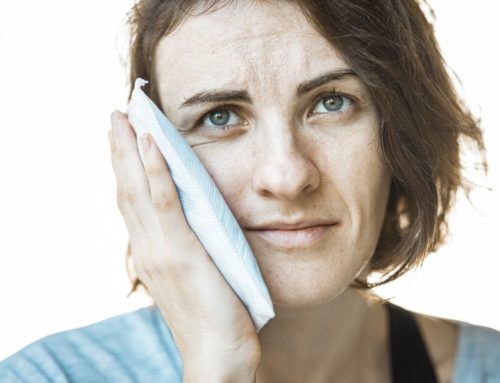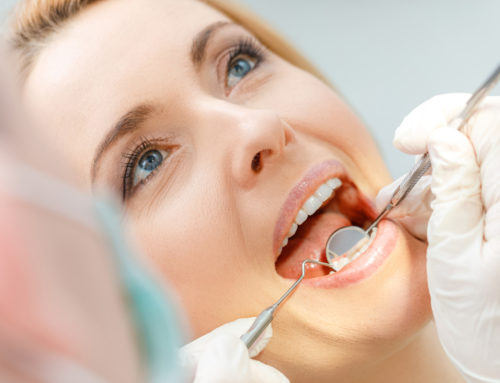Believe it or not, about 91 percent of American adults have some form of tooth decay. With tooth decay becoming such a huge problem, it’s important to do what you can to reduce your risk.
There’s a lot of dental advice circulating online and figuring out what works and what doesn’t can be tough.
Though you’ll still want to see your dentist to discuss what will work best for your mouth, there are a few proven things you can do to keep your teeth healthy. Here are some of the best habits that lead to better oral health.
1. Brush Regularly
If you do nothing else, make sure you’re brushing your teeth at least twice a day. Regular brushing helps remove plaque buildup on the surface of your teeth and stimulates your gums to keep your mouth healthy.
Before you reach for your toothbrush, make sure you’re using the right type. Invest in a soft-bristled brush and brush your teeth with gentle circular strokes. Make sure to brush each side of your teeth and don’t neglect the molars at the back of your mouth.
Do this for two minutes in the morning and before you go to bed. Just be careful not to brush too hard or too quickly as this can hurt your gums and lead to discomfort.
2. Use the Right Type of Toothpaste
There are tons of different types of toothpaste on the market these days. Some have fun flavors while others market themselves as all-natural and fluoride-free.
Ultimately, it doesn’t matter what brand or flavor of toothpaste you choose as long as it has fluoride in the ingredients.
Fluoride is the part of toothpaste that gives your teeth a layer of protection against sugar, acid, and other damaging substances from the food you eat. Without fluoride, you’re at a higher risk for cavities and other dental issues.
If you’re not sure which toothpaste is best for your mouth, ask your dentist for a few recommendations.
3. Floss Every Day
Food doesn’t just stick to the surface of your teeth. Particles can get stuck between your teeth and your gumline. While brushing your teeth can help get rid of some of those particles, it’s not always enough.
Flossing between your teeth will help keep your gums clean and free from the bacteria that leads to tooth decay. Make sure to floss between each tooth and take your time to do a thorough job.
If you experience discomfort or have some bleeding afterward, don’t panic. It will get easier the more you get used to it. You can always ask for a quick tutorial on the proper flossing technique at your next dental appointment.
4. Chew Sugar-Free Gum Between Meals
Believe it or not, chewing gum is one of the best ways to keep your teeth clean between meals and between brushings. It just needs to be sugar-free, otherwise, you could end up increasing your risk of tooth decay.
The act of chewing gum helps stimulate saliva production in your mouth. The saliva then helps rinse your mouth and gets rid of harmful bacteria that could cause problems for your teeth and gums. It also helps pick up those small bits of food leftover, keeping your teeth clean until you can floss again.
5. Stick to Water
Staying hydrated is important for your overall health. Unfortunately, most people don’t immediately reach for a glass of water when they’re feeling thirsty. Instead, they grab a soda, tea, coffee, or other highly acidic beverage.
That acid can eat away at your tooth enamel.
The best thing you can do is keep a bottle of water on-hand whenever you’re out and about. If you do decide to drink a sugary soda or have a cup of coffee, make sure to follow it up with a glass of water.
This will help rinse away the harmful acids and keeps your teeth looking their best.
6. Follow Your Dentist’s Dental Advice
Routine cleanings are the key to keeping your teeth healthy. Ideally, you’ll want to schedule cleanings twice a year or more frequently if you have braces or other dental appliances that could trap food and bacteria.
During the cleaning, your dentist will monitor your teeth for decay and can clear away any buildup before it has a chance to do serious damage.
At the appointment, they’ll also make recommendations to help you better care for your teeth. Follow those recommendations and listen to their advice. If they suggest a better way to brush or tell you to avoid certain foods, they’re doing it for a reason.
7. Try Mouthwash
Using a high-quality mouthwash is a great way to freshen your breath between meals or brushing sessions, but it also helps keep your teeth healthy. The ingredients kill off harmful bacteria in your mouth and the strong flavors help stimulate saliva production.
For best results, use mouthwash after you brush and floss. This way, you’ll be sure to clean those hard-to-brush areas in your mouth.
Keep in mind that mouthwash isn’t a substitute for regular brushing and flossing.
8. Know If You’re Grinding Your Teeth
Tooth grinding is a major problem, especially for adults who are coping with high levels of stress in their daily lives. The grinding puts pressure on your teeth and gradually wears away the protective layer of enamel on the surface of your teeth. Over time, you could end up with cracked teeth, a higher risk of tooth decay, and tooth sensitivity.
Unfortunately, there’s no way to keep you from grinding your teeth, but you can protect your pearly whites at night. Ask your dentist for a custom-fit mouthguard. This will act as a cushion between each row of teeth.
Even if you continue to grind your teeth at night, you won’t end up doing damage to your enamel.
Embrace These Habits Now
Caring for your teeth is simple as long as you listen to the dental advice you receive during your cleaning appointments. Developing these habits is a great place to start, but everyone’s mouth is unique.
The types of things you need to do to maintain your oral health may be different than what others in your family do each day. The best way to find out how to keep your teeth happy and healthy is to schedule an appointment with your dentist.
